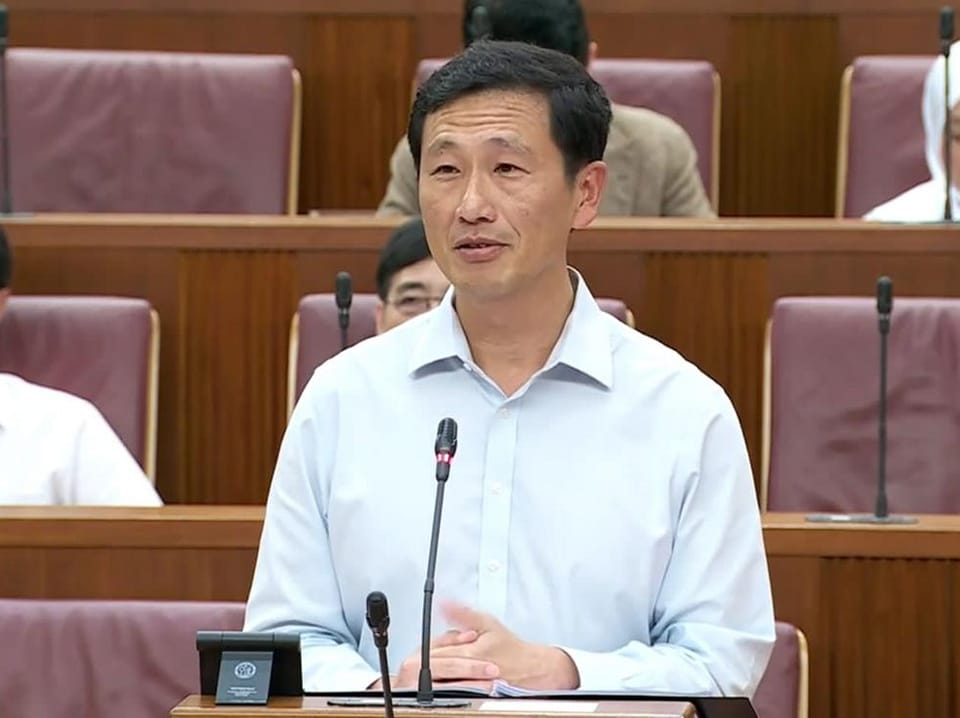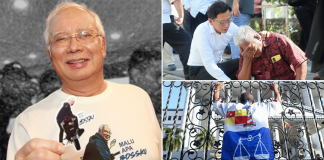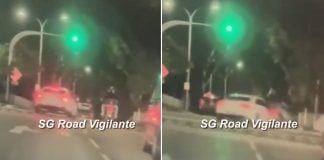MOH To Replace DORSCON With 4-Tier Situational Framework
During the Covid-19 pandemic, the DORSCON framework served as an indicator of the outbreak’s severity.
On Tuesday (21 Mar), Health Minister Ong Ye Kung announced proposed plans to replace the DORSCON framework with four public health tiers, each representing situations of different severities.

Source: Ong Ye Kung on Facebook
The move is part of proposed changes to the Infectious Diseases Act (IDA) to make it “less blunt” so it can better deal with a greater variety of scenarios.
MOH to implement 4-tier framework to replace DORSCON
Speaking during the debate on the Government’s Covid-19 pandemic white paper, Mr Ong announced a series of proposed changes to the IDA, to make it “future-proof”.
Following the plans, MOH will replace the existing DORSCON framework with a new system that categorises public health situations under four tiers of severity:
- Baseline — peacetime state
- Outbreak management — detection of pathogen, requirement of disease outbreak management measures, implementation of contact tracing & quarantine, testing, masking & other measures
- Public health threat — need for more stringent, widespread & longer-term measures, possibility of some safe-management measures up to restrictions like ‘Circuit Breaker’
- Public health emergency — need for “very stringent measures” like curfew & requisition of public health assets
Mr Ong said the new framework makes it more “intuitive” for the authorities to inform the public about the necessary measures for each stage of the pandemic.
New legislation will allow Singapore to respond more nimbly
The new tiered system is apparently part of the proposed changes to sharpen the IDA.
Mr Ong described the current emergency powers under IDA as “too blunt and heavy”, relative to the public health and safe management measures needed at certain stages of the pandemic.
The current IDA only sets out two states of public health — peacetime and emergency — with no in-betweens.
Providing some context, Mr Ong said that MOH wanted to impose group size restrictions but not limitations on the movement of people.
And while they recognised Covid-19 as a serious threat, the ministry did not want to declare a public health emergency.
To circumvent the need to declare an emergency, the authorities enacted the Covid-19 (Temporary Measures) Act 2020 which provides temporary and complementary powers to the IDA.
With the changes, Mr Ong says the new legislation will allow MOH to respond more nimbly to a wider range of scenarios.
The proposed amendments to the IDA will be introduced later this year. If and once passed, the temporary control measures implemented for Covid-19 will be rescinded.
Have news you must share? Get in touch with us via email at news@mustsharenews.com.
Featured image adapted from Ong Ye Kung on Facebook.








